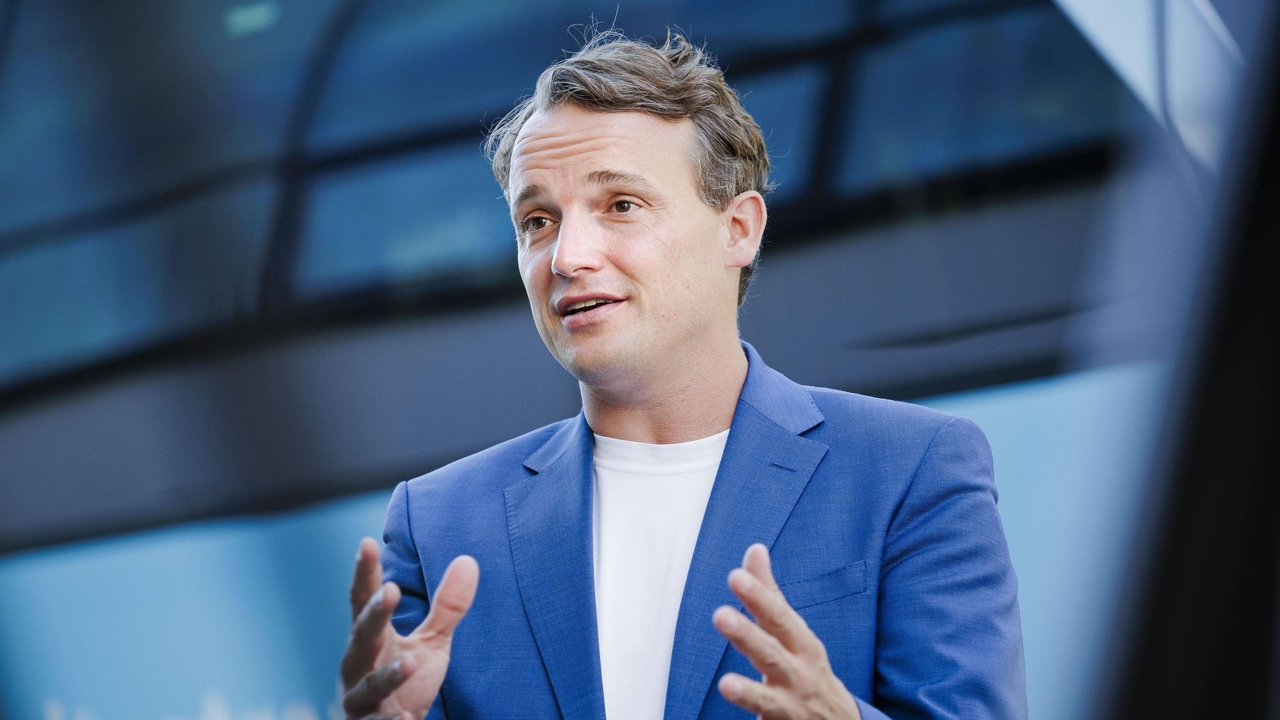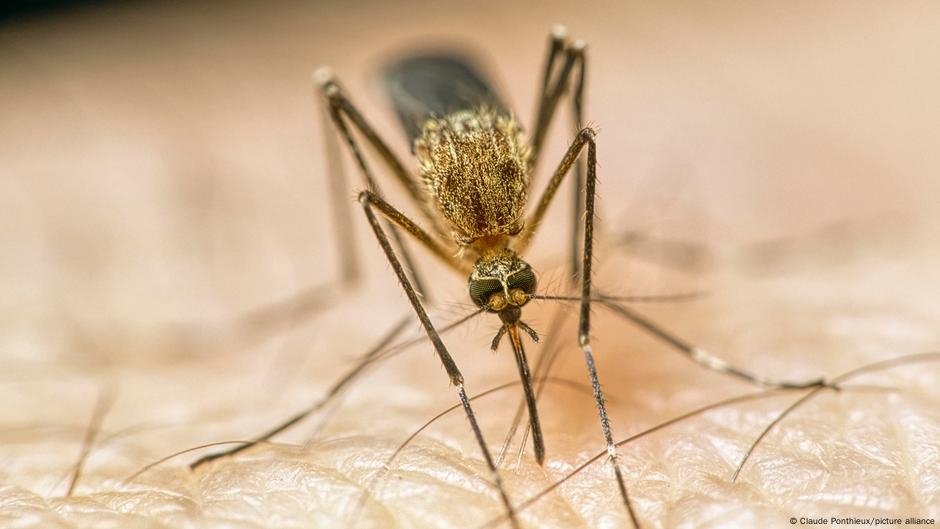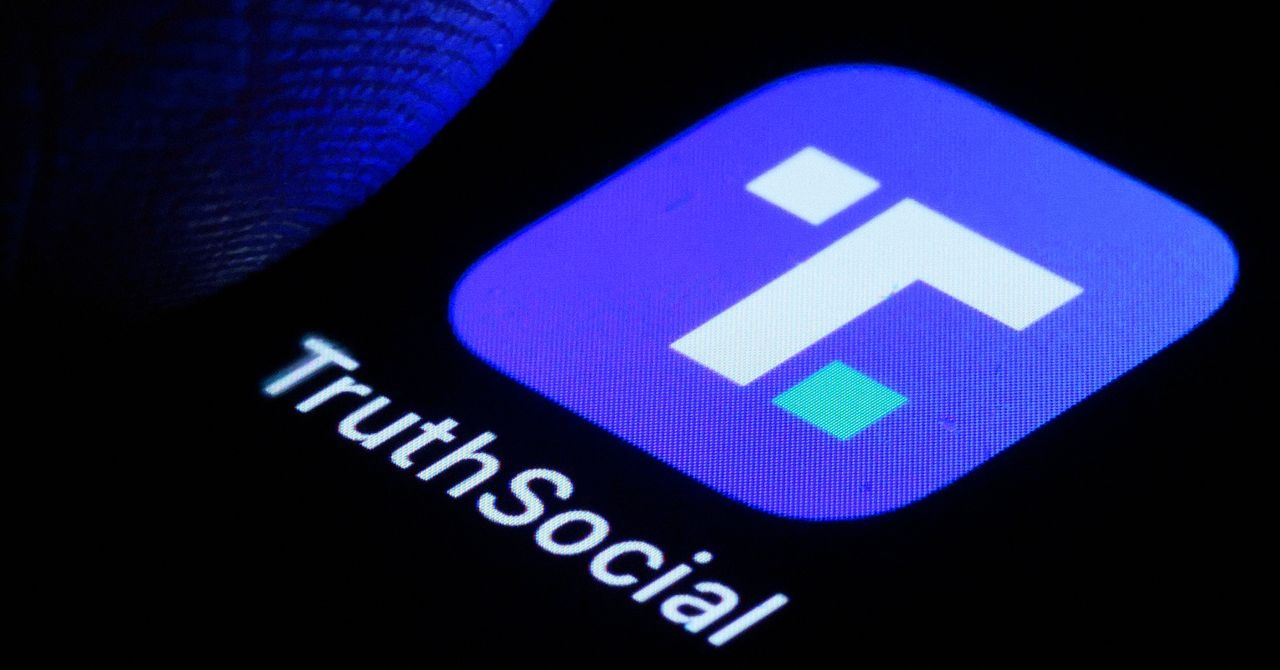Bill Gates: Better to fight poverty than climate change

New York. Microsoft co-founder Bill Gates believes the time has come for a change of course in the fight for climate protection. While climate change is a serious problem, it does not mean the end of civilization, Gates wrote in a memorandum published Tuesday. The focus must now shift from curbing global warming to fighting poverty and disease, Gates demanded.
The billionaire criticized climate activists for focusing too much on short-term goals for reducing CO2 emissions and other greenhouse gases due to negative forecasts. This diverted resources from more effective efforts that contribute to improving the quality of life on a warming Earth. The primary goal should be to prevent suffering, especially the suffering of people living under the harshest conditions in the world's poorest countries, Gates wrote.
If he were given the choice between eradicating malaria and allowing global warming to increase by one-tenth of a degree, Gates told reporters, he would choose the temperature increase. "People don't understand the suffering that exists today," he said.
The Microsoft entrepreneur's Gates Foundation has invested billions of dollars in healthcare, education and development aid worldwide, including in the fight against AIDS, tuberculosis and malaria.

The RND newsletter from the government district. Every Thursday.
By subscribing to the newsletter, I agree to the advertising agreement .
With his 17-page memorandum, Gates aims to send a message before the UN Climate Change Conference in Brazil, which begins in November. He wants to encourage reflection on whether the small amount of money spent on climate protection is being invested in the right things.
Gates anticipated his memorandum would spark controversy. "If you believe climate isn't important, you won't agree with the memorandum," Gates said in a conversation with reporters before the release of his document. "If you believe climate is the sole cause and apocalyptic, you won't agree with the memorandum." His intention behind the memorandum, he said, was to encourage more investment and innovation for the benefit of poor countries.
Climate scientists believe that even a tiny increase in global warming contributes to extreme weather and poses the risk of species extinction.
Kristie Ebi, a scientist at the University of Washington, said she agrees with Gates that the focus of the UN Climate Change Conference should be on improving people's health and well-being. However, Gates assumes that the world will remain the same and only one variable will change—the faster development of green technologies.
Jeffrey Sachs, director of the Center for Sustainable Development at Columbia University, said via email that Gates' document was "meaningless, vague, unhelpful, and confusing." He argued that both poverty reduction and climate transformation could be achieved by reining in the oil lobby.
Gates said the pace of innovation in the clean energy sector has been faster than expected, allowing cheap solar and wind energy to replace coal, oil, and natural gas plants for electricity generation. Artificial intelligence is also contributing to advances in clean energy technologies.
But the money available to help developing countries adapt to climate change is decreasing. Rich countries like the United States have reduced the amount of foreign aid they provide. US President Donald Trump believes climate change is a fabrication.
The aid cuts drew criticism from Gates. The vaccine cooperation Gavi, which was established with the help of his foundation, will have 25 percent less funding for the next five years compared to the past five years, Gates announced. Gavi needs just over $1,000 to save a human life. Vaccinations are increasingly important in a warming world because children who don't fall victim to measles or whooping cough are better able to withstand a heat wave or drought, Gates explained.
RND/AP
rnd




